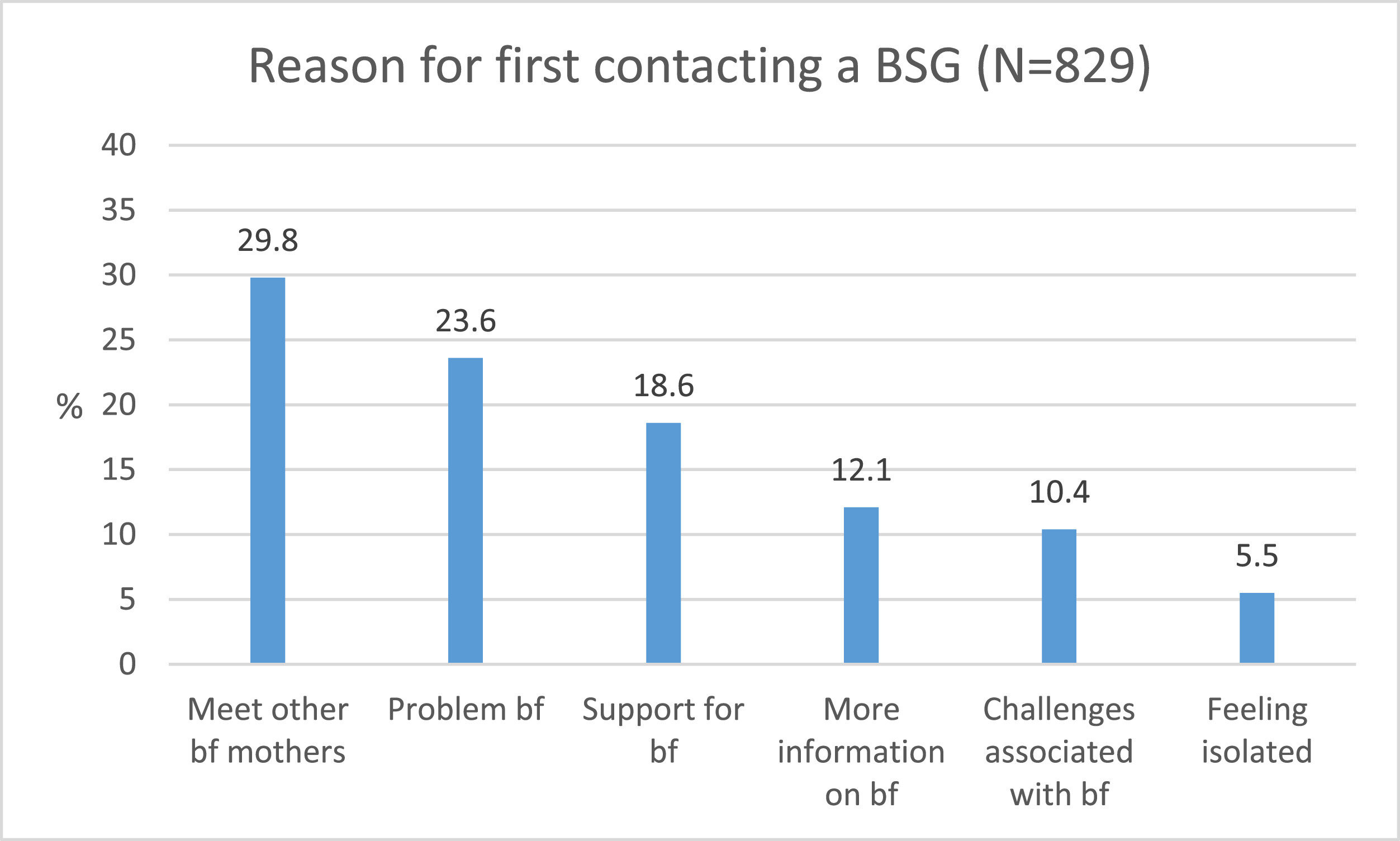
A recent study from the School of Nursing & Midwifery at Trinity College has explored the role of Breastfeeding Peer Support Groups in fostering connection between breastfeeding mothers. The study found that these groups help to normalize breastfeeding through social support, with breastfeeding supporters providing other breastfeeding women with knowledge, empathy, and understanding. The findings are published in the journal Midwifery.
All forms of additional breastfeeding support, both lay and professional, are known to increase breastfeeding continuation. Enhancing breastfeeding rates maximizes the long-term impacts on health, nutrition, and development positively associated with breastfeeding.
This study sought to investigate the role and impact of Breastfeeding Support Groups on breastfeeding mothers in Ireland from the women’s perspectives. Researchers explored what women knew about breastfeeding peer support, how they used it, and what women felt were the strengths and limitations of this kind of support.
A key finding of the research highlighted that the main reason women attend Breastfeeding Support Groups is “to meet other breastfeeding mothers” rather than with a breastfeeding problem.
Getting support from peer supporters was very important for women in this study. Peer supporters provide socio-emotional support and practical breastfeeding assistance. More than half of the women in this study attended peer support groups both in person and online on a weekly basis.
Researchers believe that Breastfeeding Support Groups need to be promoted as welcoming and inclusive, supporting breastfeeding generally, and not solely for breastfeeding problems. Greater resources need to be allocated to promote awareness of breastfeeding groups with groups available in all communities and reaching a wider number of mothers from varying backgrounds.
Lead author, Elizabeth McCarthy, Visiting Research Fellow at the School of Nursing and Midwifery, and Lactation Consultant, said, “This study increases our understanding of breastfeeding peer support and how it is accessed and valued by women. Breastfeeding Support Groups provide a social outlet for breastfeeding mothers to meet other mothers and normalize their experiences. Their success cannot be determined by breastfeeding rates alone and we must always consider the wider perspectives of mothers.”
More information:
Elizabeth McCarthy et al, Women’s perspectives on the role and impact of breastfeeding support groups in Ireland, Midwifery (2024). DOI: 10.1016/j.midw.2024.104181
Citation:
Study finds breastfeeding support groups provide connection and social support (2024, October 8)
retrieved 8 October 2024
from https://medicalxpress.com/news/2024-10-breastfeeding-groups-social.html
This document is subject to copyright. Apart from any fair dealing for the purpose of private study or research, no
part may be reproduced without the written permission. The content is provided for information purposes only.

